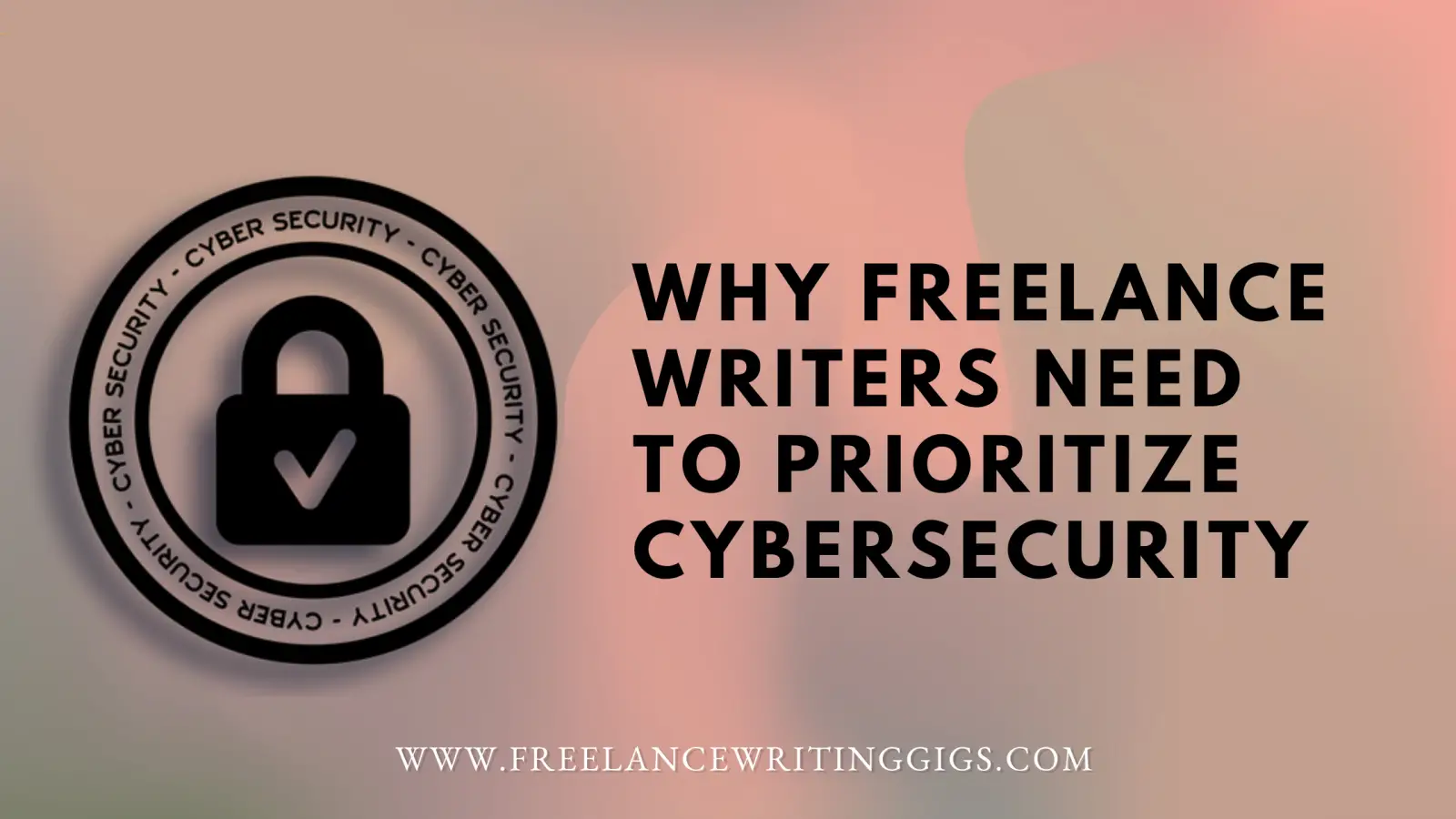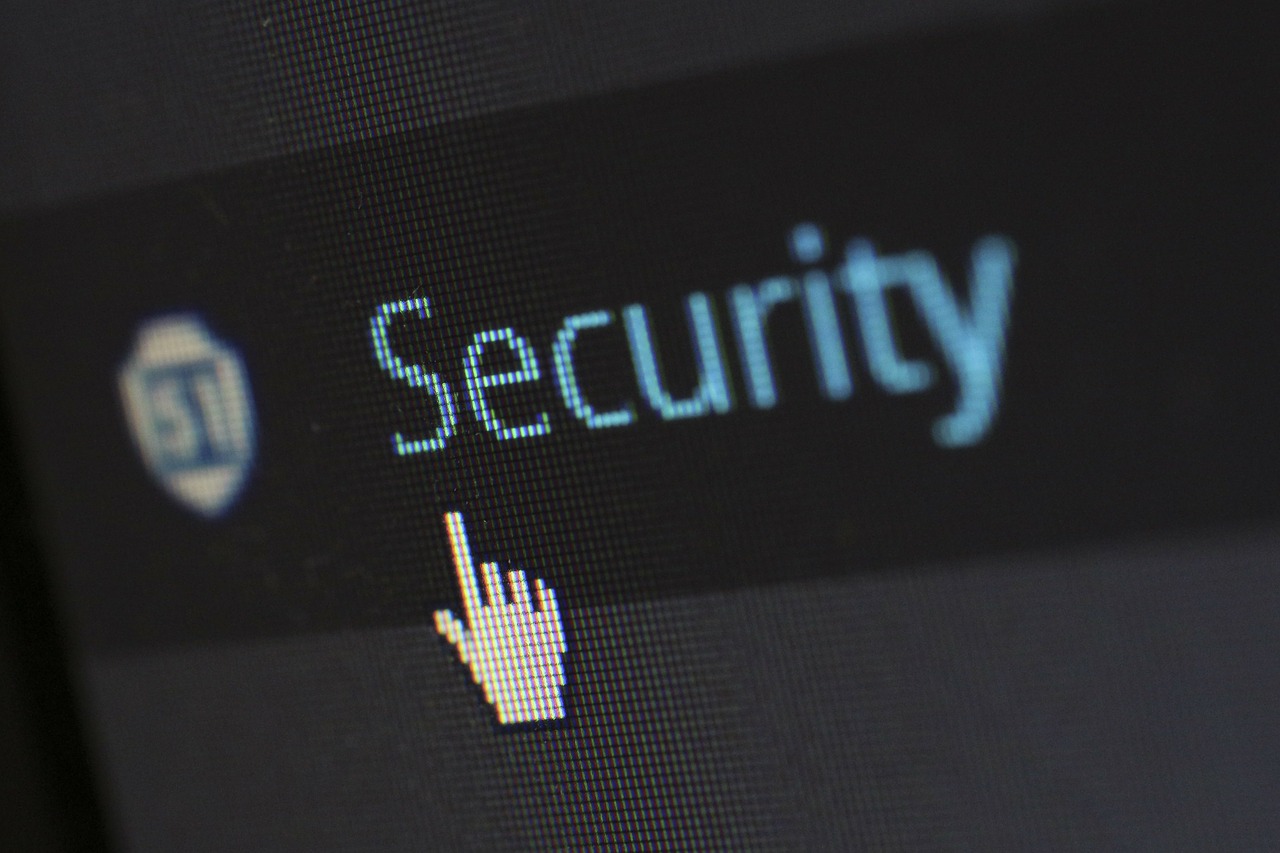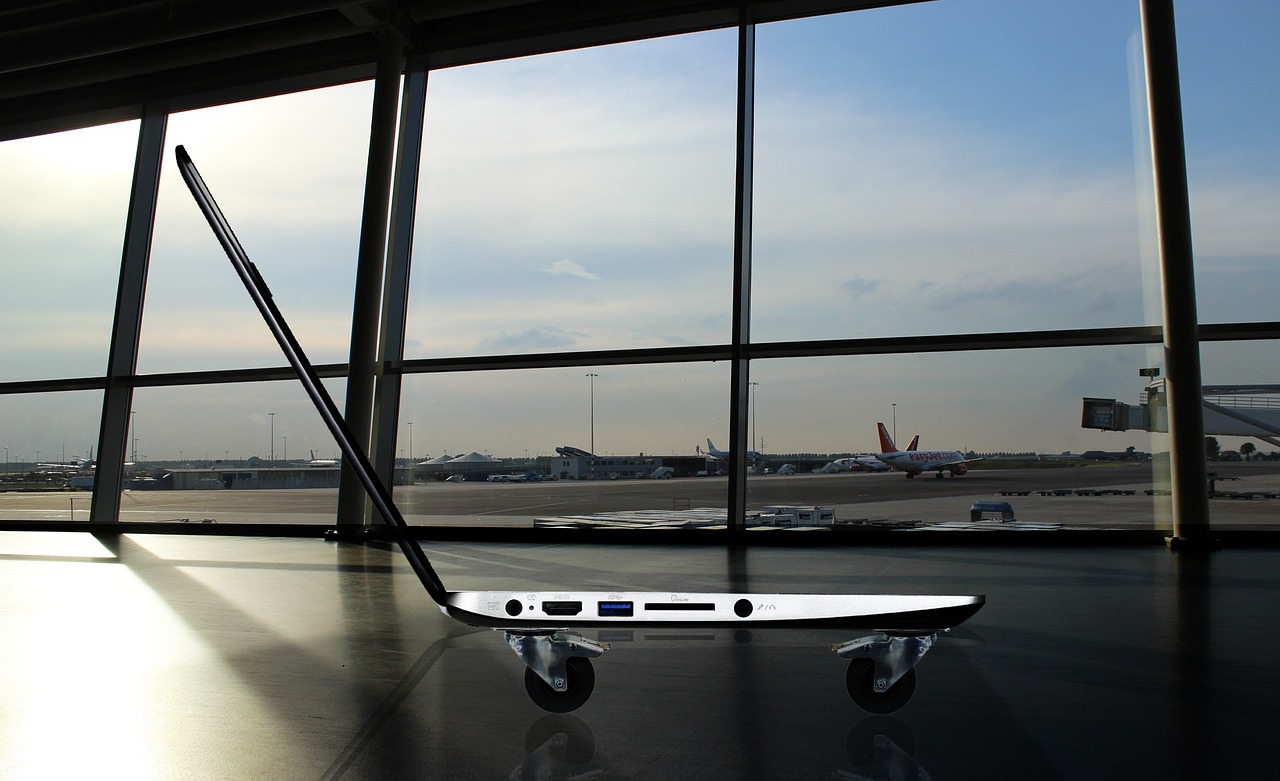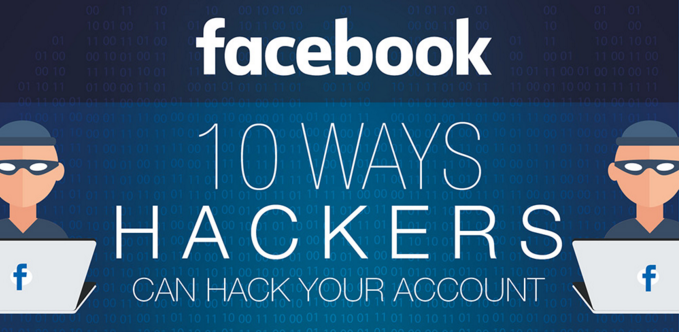online security
-
Why Freelance Writers Need to Prioritize Cybersecurity
There are countless benefits to freelancing. It allows for more flexibility, a…
-
Improve Freelance Writing Gigs by Securing Files in the Cloud
Working as a freelance writer usually gives you more freedom than being…
-
How to Stay Safe When Working on Public WiFi
One distinct advantage of being a freelance writer, blogger or web developer…
-
Security Tips for Freelance Writers
Editor’s note: This post was written by Cassie Phillips, a freelance writer and…
-
Are You Aware of the Ongoing WordPress Global Attack?
You might be wondering why on earth we’re writing about WordPress on…





